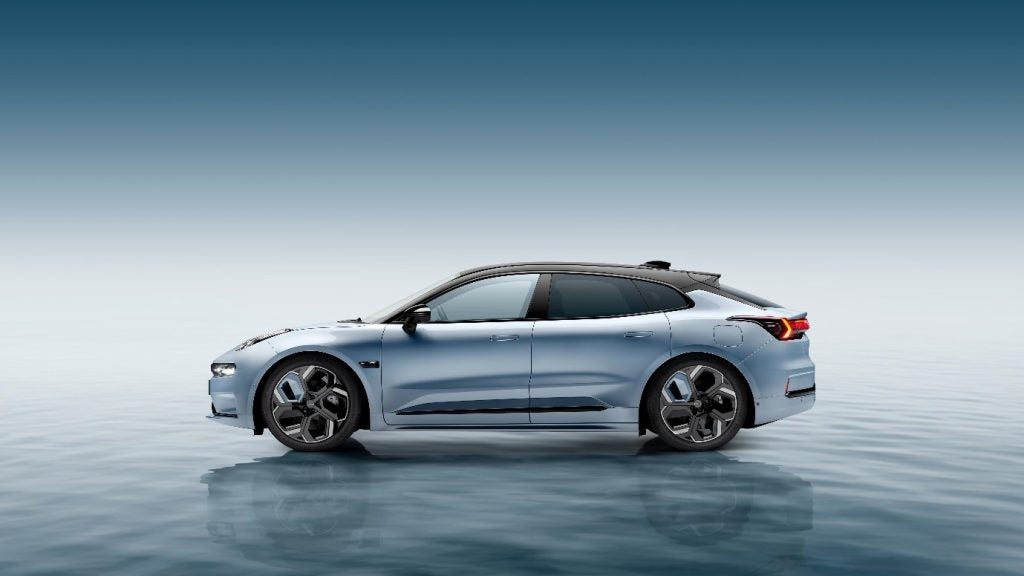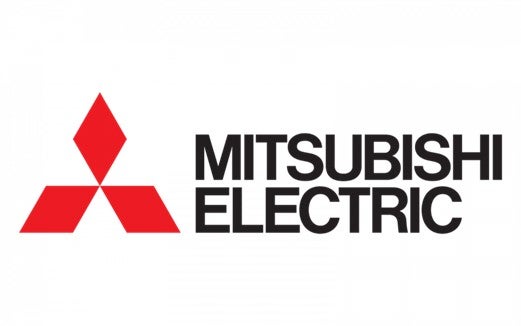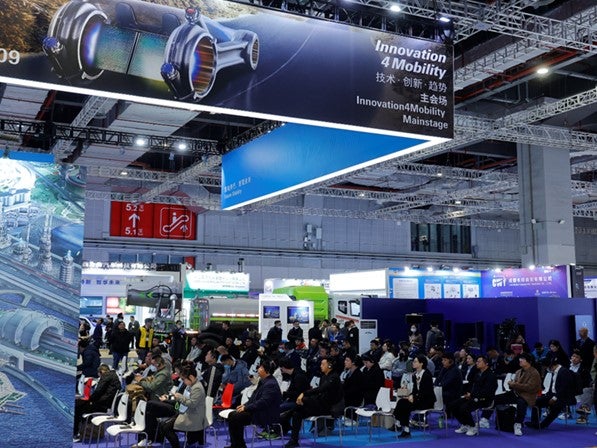The European Commission is to propose a three-year delay to new Brexit tariffs on electric vehicles due to take effect on 1 January 2024, unnamed sources told Politico.
The proposal was expected to be announced at a press conference in Brussels on Wednesday by commission vice-president Maros Sefcovic, politico.eu reported.
The measure was expected to be approved by EU member state ambassadors in a meeting next week.
A package of financial support for the European battery industry was also expected to be announced to head off concerns from some member states the rule change could increase dependence on Chinese batteries, the report said.
Without the change, Poltico noted,10% tariffs were due to hit EVs traded across the English Channel from 1 January when existing grace periods in the Trade and Cooperation Agreement expired.
Though the TCA provides for tariff free trade between the UK and EU, it only applies to goods produced in either, the report said.
The rules of origin for electric vehicles mean that without the change, EVs with Chinese made batteries would have been hit by tariffs because too much of their value would have been manufactured in China which currently dominates global EV battery materials and cell supply - 70% of lithium-ion battery manufacturing - followed closely by South Korea.
The British and European car industries, which pushed for a delay, have said they want to use locally sourced batteries but European production has taken longer to become available than expected when the TCA was drafted, Politico said.
A three year delay would give the EU and UK battery industries time to ramp up production.
Politico noted the commission had considered proposing a shorter delay of just one year which would have avoided reopening the annexes of the Trade and Cooperation Agreement.
The UK's Society of Motor Manufacturers and Traders (SMMT) said extending the rules for three years would avoid a tariff cliff edge in 26 days’ time, allowing the UK and EU automotive industries to continue to sell EVs into each other’s markets without penalty.
"SMMT, alongside its EU counterparts, has warned consistently of the threat tougher locally sourced content requirements would pose to the industry on both sides of the Channel, if applied from 2024," it said in a statement.
"While the industry has invested billions in EV production both in the UK and EU, local battery supply needs more time to expand to meet demand."
Chief executive Mike Hawes said: “Adopting the commission’s proposal would be a pragmatic solution. Such an extension would avoid damaging tariffs on the very vehicles we need consumers to buy, allow UK and EU manufacturers to compete with the rest of the world and, crucially, give the European battery industry time to catch up. Above all, voting for the proposal will enable us all to cut carbon emissions while supporting growth and jobs across the entire EV supply chain. We urge every party to get behind it.”
The SMMT added EU-UK trade in electrified vehicles had more than doubled under the tariff-free conditions provided by the Trade and Cooperation Agreement (TCA).
The EU is the UK’s largest automotive and electric vehicle export market and the UK sources almost half of all new battery electric vehicle imports from the EU.
"Any cost increase would act as a barrier to uptake, undermining their competitiveness," SMMT said.















